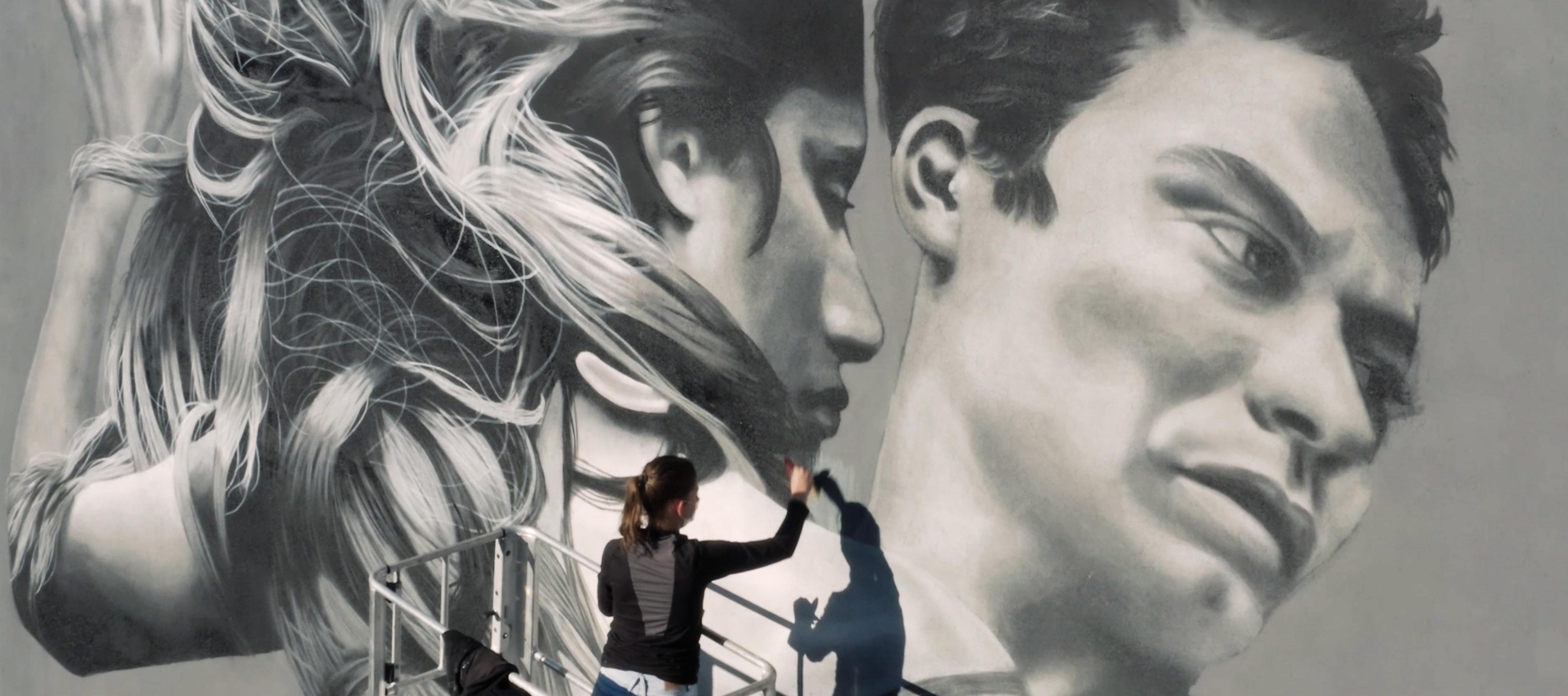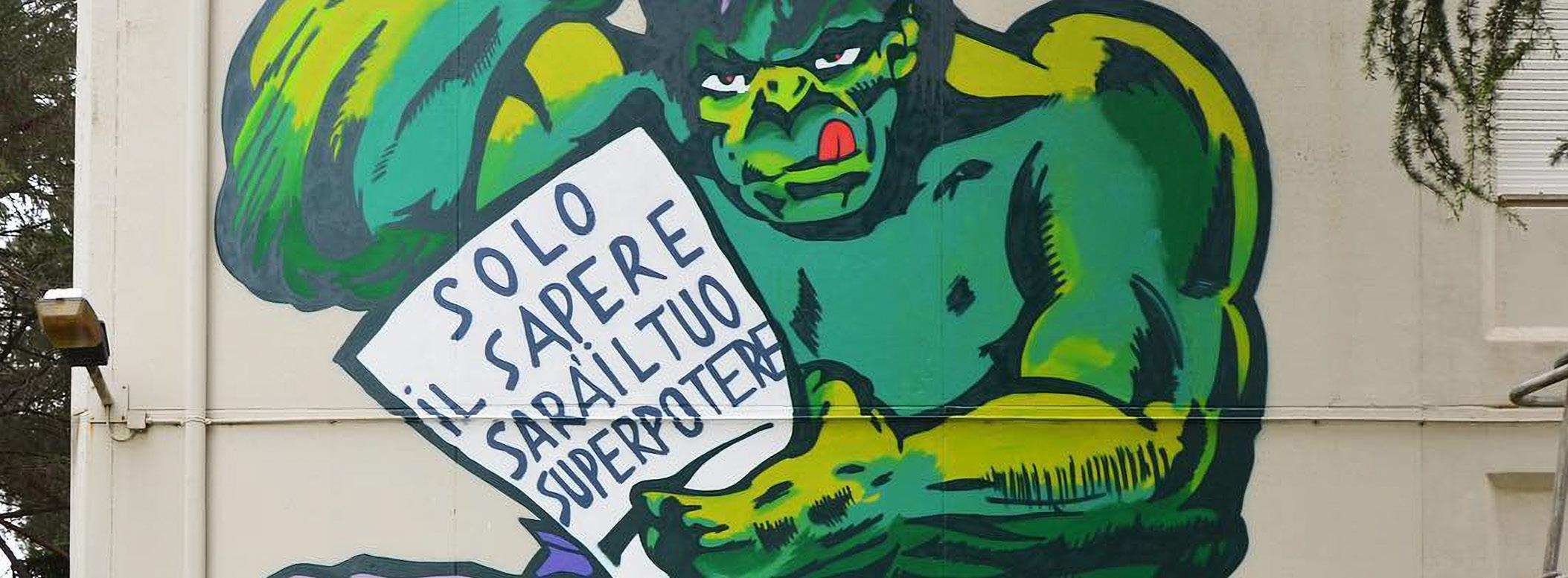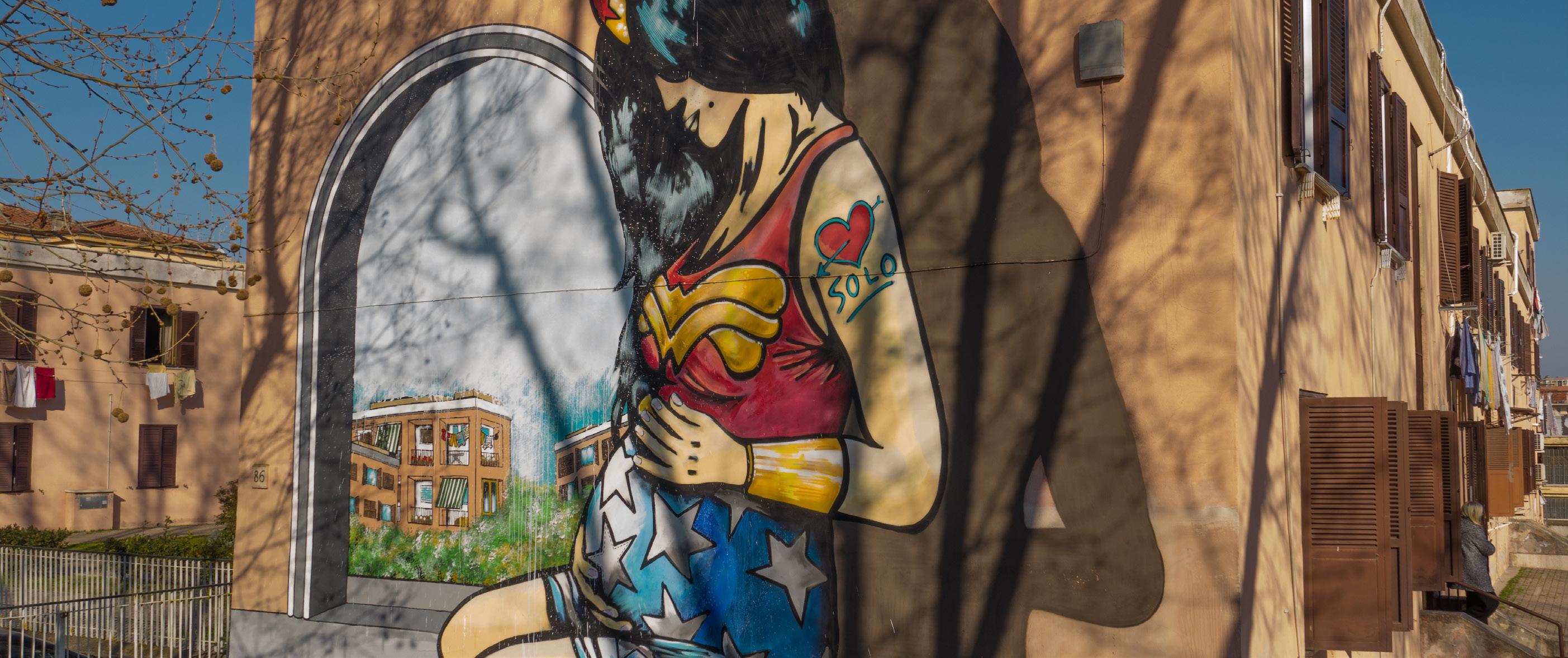21
Art and Politics
Art and Politics
Knowledge and Democracy PIER DOMENICO TORTOLA Senior Lecturer, University of Groningen
Imagine a group of people deciding whether Paris or New York is the world’s best place to live in – but no one in the group has ever set foot in either. Would we call their decision democratic? In a merely procedural sense, probably so, provided the city that gets most votes wins. But could we really say that the outcome reflects the “will of the people”, if the people hardly know what they are talking about in the first place? This vignette conveys how crucial knowledge is to the proper functioning of democracy. People need knowledge to be able to fully exercise their rights and duties as citizens. They need it to be aware of what happens around them, to form opinions, to assess what calls for change and, finally, to act on these ideas. In sum, knowledge is power, as the “Incredible Hulk” mural by Rome-based street artist Solo reminds us so vividly. Aptly, the mural decorates the wall of a school, thus underlining the key role played by education in increasing and shaping individuals’ knowledge. As straightforward as it is in principle, however, the knowledge/democracy nexus becomes more complicated when put into practice. While the extent and quality of one’s knowledge can never be clearly defined – we cannot possibly know what we do not know – advances in communication technology increasingly create the illusion of near perfect knowledge among many, by multiplying the speed and sources of information production and diffusion. In this new context, epitomized by the growth of social media, distortions such as fake news, conspiracy theories and propaganda are more challenging than ever because they undermine democracy just as they feed the mistaken impression of improving it.
A further complication in the link between democracy and knowledge is the fact that knowledge comes in many shapes and sizes, from single bits of factual information to complex and abstract ideas. The more we move in the direction of complexity, the more we enter the territory of specialised and professional knowledge, which cannot be distributed equally within the demos even under the most favourable circumstances. Running contemporary polities requires great amounts of such technical knowledge. This affects people’s ability to control government, and endows experts with considerable power, which needs to be kept in check through appropriate mechanisms. How should we tackle these limitations in the knowledge/democracy nexus? Formulaic solutions are out of the question, unfortunately. Democracy is, and always has been, the composite result of many, sometimes conflicting, moving parts that
must be calibrated on a regular basis. An open and competitive media, for instance, needs to be balanced with authoritative sources; trust in expert decision-making with the transparency of its processes; and institutions’ public accountability with their role in fostering an informed electorate. These balancing acts, however, can only rest on an active and mature citizenry, which values and seeks knowledge, but more importantly appreciates the role and limits of knowledge in democratic life – above all those described here. Intellectual curiosity, critical thinking, open-mindedness, evidencebased reasoning and the awareness of how knowledge of various kinds is produced and disseminated – these are key attributes of such a mature citizenry. They must be promoted by institutional and societal actors alike, and practised by individuals day by day, so as to give democracy substance and keep it in good shape – much like our friend the Hulk.
22










